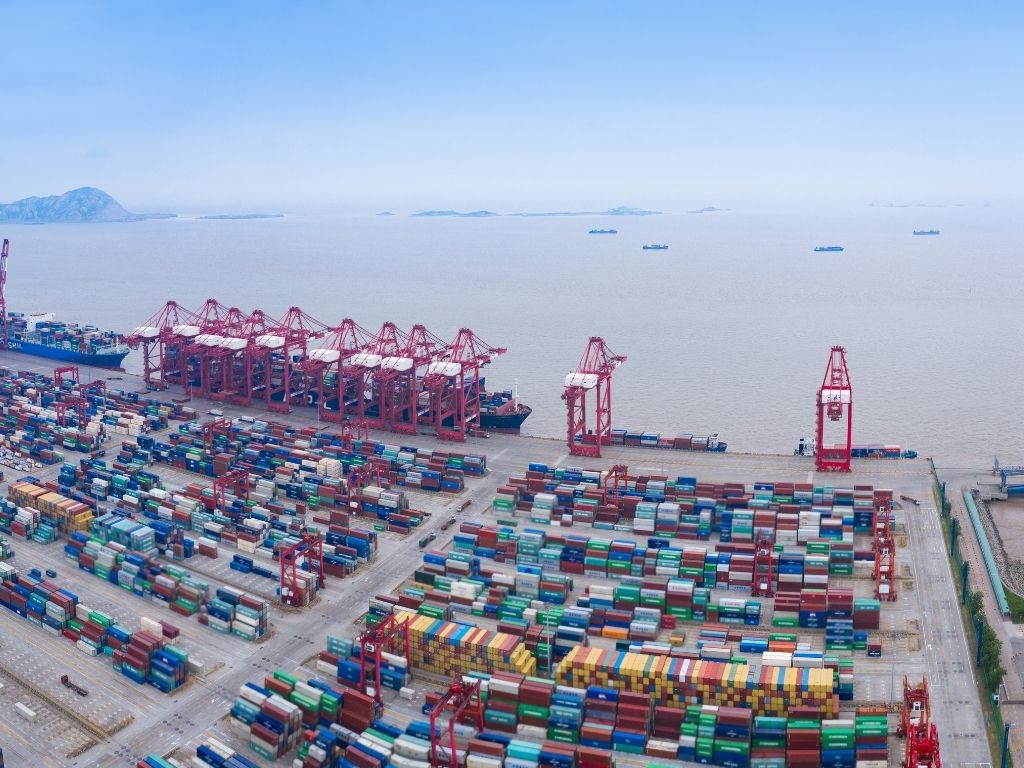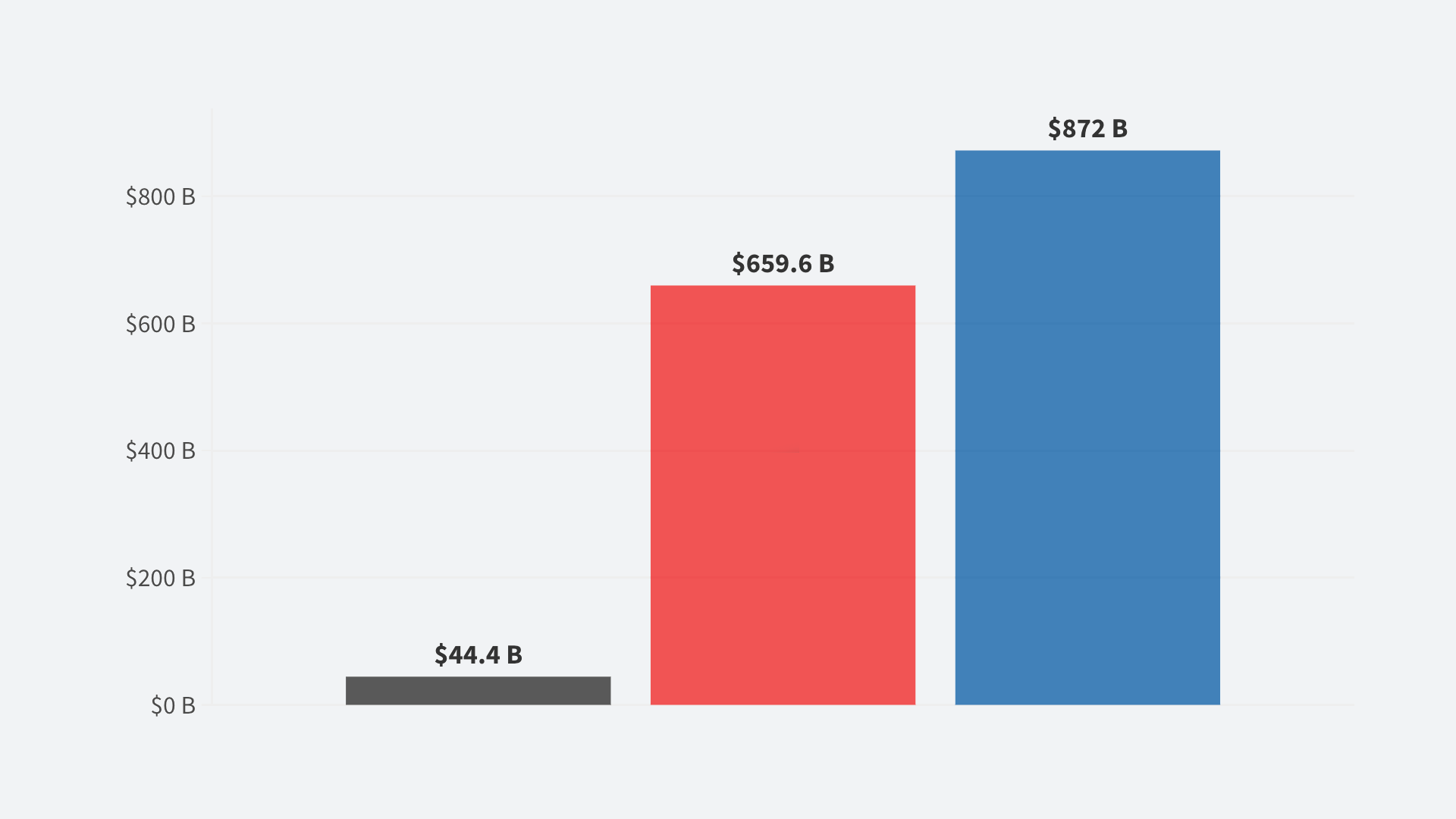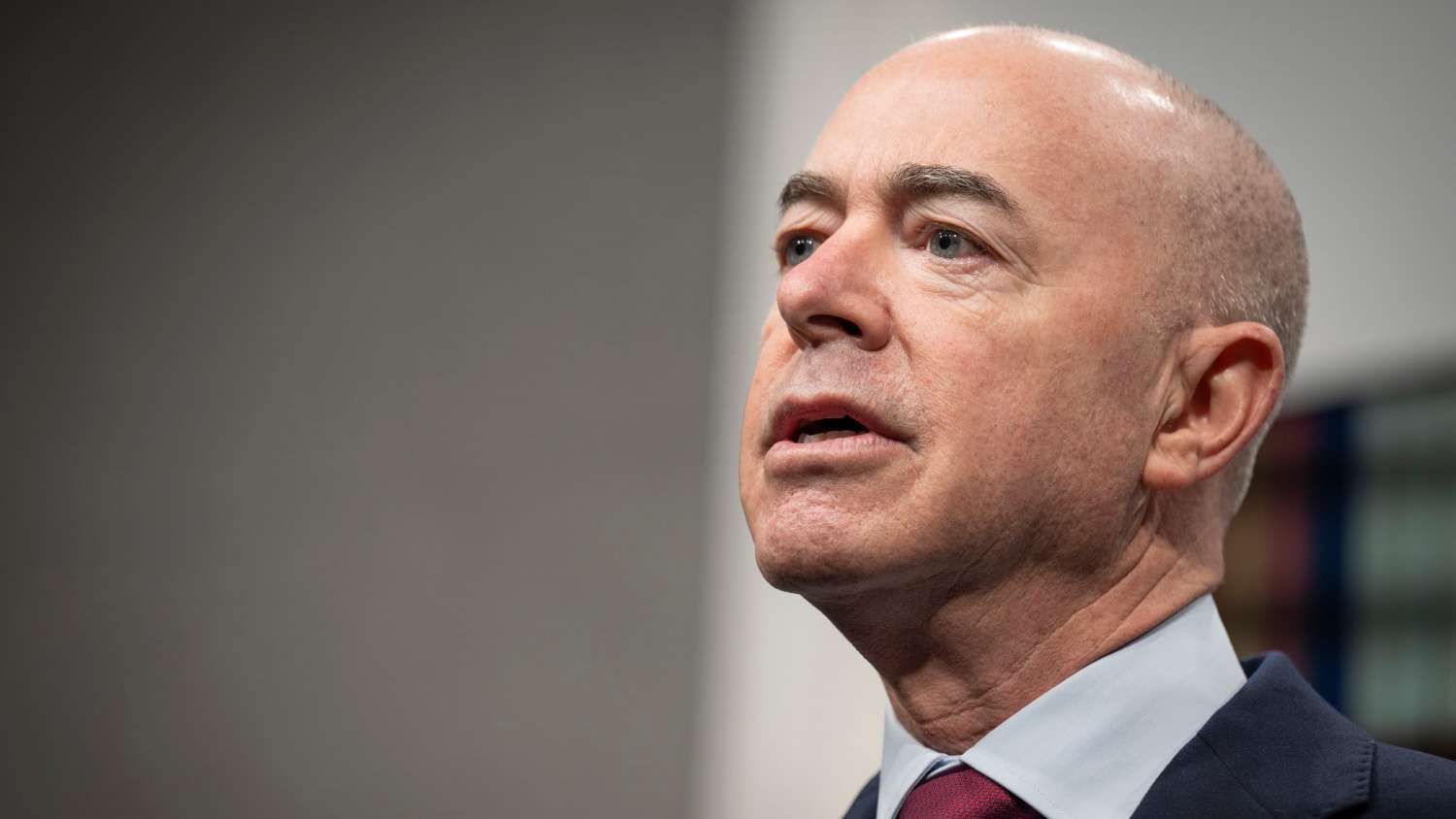Building stronger, diversified supply chains means relying less on China. Exempting Chinese manufacturers from tariffs imposed by the Trump administration is not the way to build supply chain resilience.
The Senate has already come down on the latter. The House has yet to decide.
Judging by witness testimony and the senior members of the Senate Commerce, Science and Transportation Committee, the Senate’s U.S. Innovation and Competition Act (aka the “China Bill”) was a godsend for rebuilding supply chains out of Asia. Ask any corporation where the bulk of their outsourcing is from and the answer is China, with something close to 70% of the parts that comprise their finished goods – whether it’s an airplane or a solar panel – being sourced from Chinese manufacturers.
Yet, a trade provision in that China bill, known as the Trade Act of 2021 allows for easier exemptions of tariffs against China imports, extends passed exemptions that expired in December, and pays previously exempt companies back for all the tariffs they have paid so far in 2021.
The House has yet to decide on that and CPA is hopeful they disagree with the Senate’s take.
In fact, the Senate itself should disagree with it. The U.S. Innovation and Competition Act’s Trade Act of 2021, in large part, is an anchor around the neck of the Senate’s professed urgency of diversifying supply chains out of China, and Asia for that matter.
Witness the recent semiconductor shortage causing used car prices to price like new ones, and new cars to be stuck on the factory floor with hundreds of workers furloughed. They come from Taiwan and South Korean firms. Some chips are made in Taiwan. Some chips are made in South Korea. Some chips are outsourced to foundries in mainland China. Not a one is made here, Mexico or Canada.
“The shortage of computer chips has had a devastating impact on autoworkers in Michigan and I’m afraid it can get worse in the next few months,” said Sen. Gary Peters (D-MI) in Thursday’s Commerce Committee hearing titled “Implementing Supply Chain Resiliency.”
The Trade Act of 2021, as it passed the Senate mostly along party lines, rewards corporate America for taking a “wait-and-see” approach. Meanwhile, these companies did nothing in three years to reshore, or remap their supply chains, preferring to wait for the status quo to return out of both corporate and political laziness to embrace the “disruption” and “change” they all hype in their Ted talks and Financial Times op-eds.
Time is up for those who took the “wait-and-see” position on tariffs, enacted in 2018. Industry groups are now lobbying the House to keep those Senate provisions in their version of the China bill.
“A robust supply chain in the U.S. means we are going to continue to have robust employment in the U.S.,” said Sen. Maria Cantwell (D-WA), chair of the Committee.
 Ranking member of the Committee, Sen. Roger Wicker (R-MS), said the pandemic reminded Washington of the importance of diverse sources of supply. This has been the story told a dozen times since last summer, when Americans couldn’t find Lysol because the chemicals were sourced from a locked-down China, and personal protection equipment for hospitals – masks and hospital gowns – were in a similar sorry state of supply.
Ranking member of the Committee, Sen. Roger Wicker (R-MS), said the pandemic reminded Washington of the importance of diverse sources of supply. This has been the story told a dozen times since last summer, when Americans couldn’t find Lysol because the chemicals were sourced from a locked-down China, and personal protection equipment for hospitals – masks and hospital gowns – were in a similar sorry state of supply.
“Resilient supply chains can cope with disruptions,” Wicker said. “Our manufacturing capacity has declined by around a third between 2000 and 2010 and small to midsized businesses are heavily impacted by that. The geographic concentration of our supply chain, mainly to China, leads to vulnerabilities.”
The U.S. International Trade Commission recently published a compendium of academic research dating back 18 years that showed the big beneficiaries of offshoring supply chains have been major multinationals. Small and mid-sized companies were then forced to compete with the likes of Mexican and Chinese workers and lackluster environmental regulations, laying off tens of thousands of American blue-collar workers, most of them minorities and women.
Witnesses at the Senate hearing mostly reserved praise for some $52 billion slated to go to building foundries in the U.S. to make computer chips of various types.
Dario Gil, Senior Vice President and Director of IBM Research, called it an “excellent piece of legislation.” But warned that companies need long-term contracts to produce chips in the U.S. in order to make it financially feasible to do so.
“Failing to produce chips in the U.S. hinders our ability to develop future emerging technologies. We only manufacture 12% of the world’s (chipmaking) capacity. We manufacture nothing under 10 nanometers. The government needs to invest in domestic manufacturing and R&D for advanced chips which will become the legacy chips of tomorrow,” he says of the current shortfall of simple microchips used in automobiles today. “This moment demands great urgency and action,” he said.
See CPA and China Tech Threat’s joint research paper on recovering American chipmaking by clicking here.
James Lewis, a Senior Vice President and Director for the Strategic Technologies Program at the Center for Strategic and International Studies had the best warning of the day. A China, and Asia-centric, supply chain is a negative for U.S. competitiveness, innovation, and economic and national security.
“The U.S. benefited for decades from global supply chains due to lower cost and greater efficiencies. That era is over,” Lewis told the Senate. “First, the pandemic caused massive disruptions in supply chains and second, China will use any means necessary to displace competitors in its race for industrial primacy. We are in a conflict with China. As in past conflicts, industrial strategy and industrial policy are essential. We do not need to abandon the global supply chain, but we have to shrink China’s roll in it.”
Giving American companies that have been warned since 2018 to rethink China as their go-to manufacturing hub tariff exemptions and reimbursements blows that idea out of the water completely. The House China bill needs to be mindful of any trade provision that weakens existing tariffs on China.













